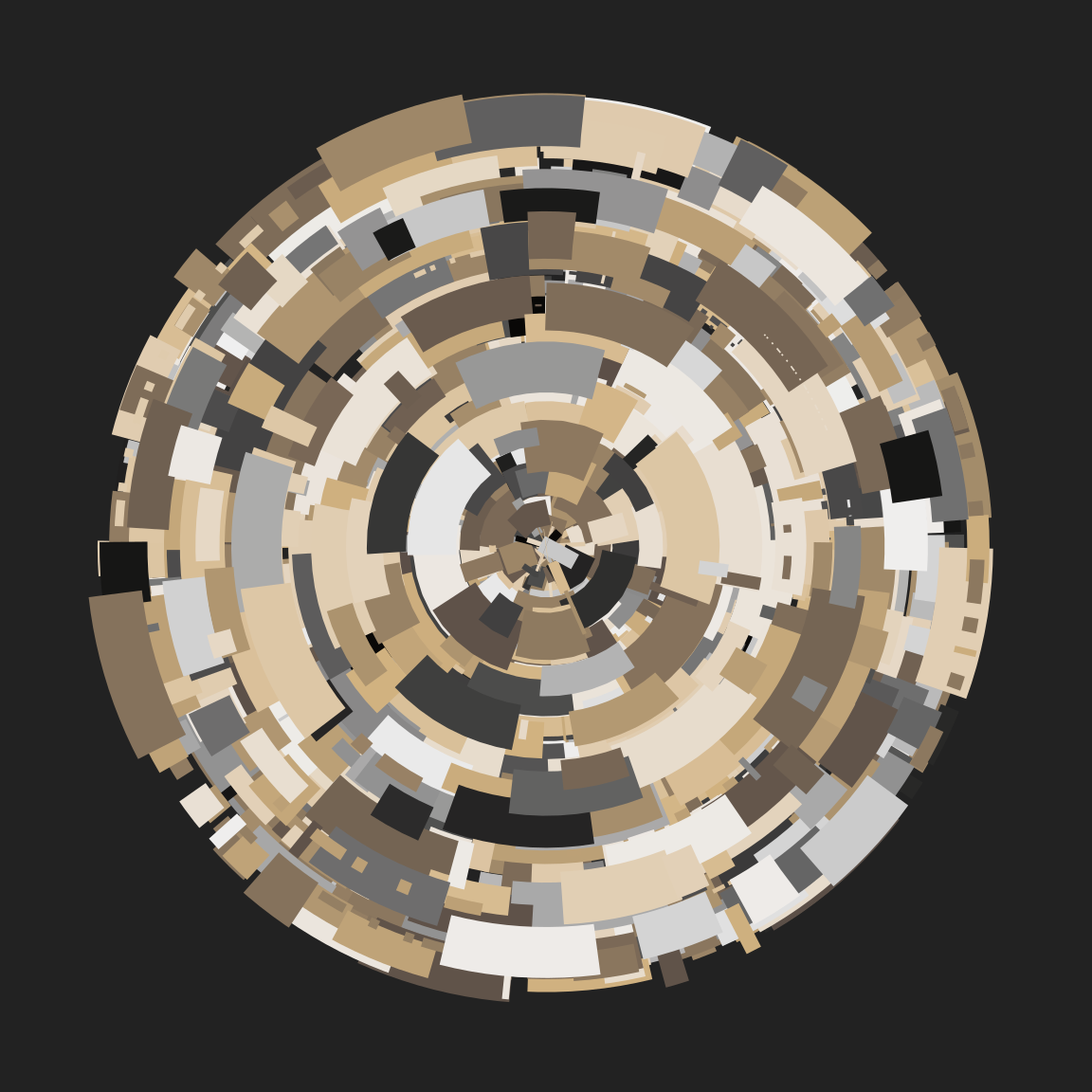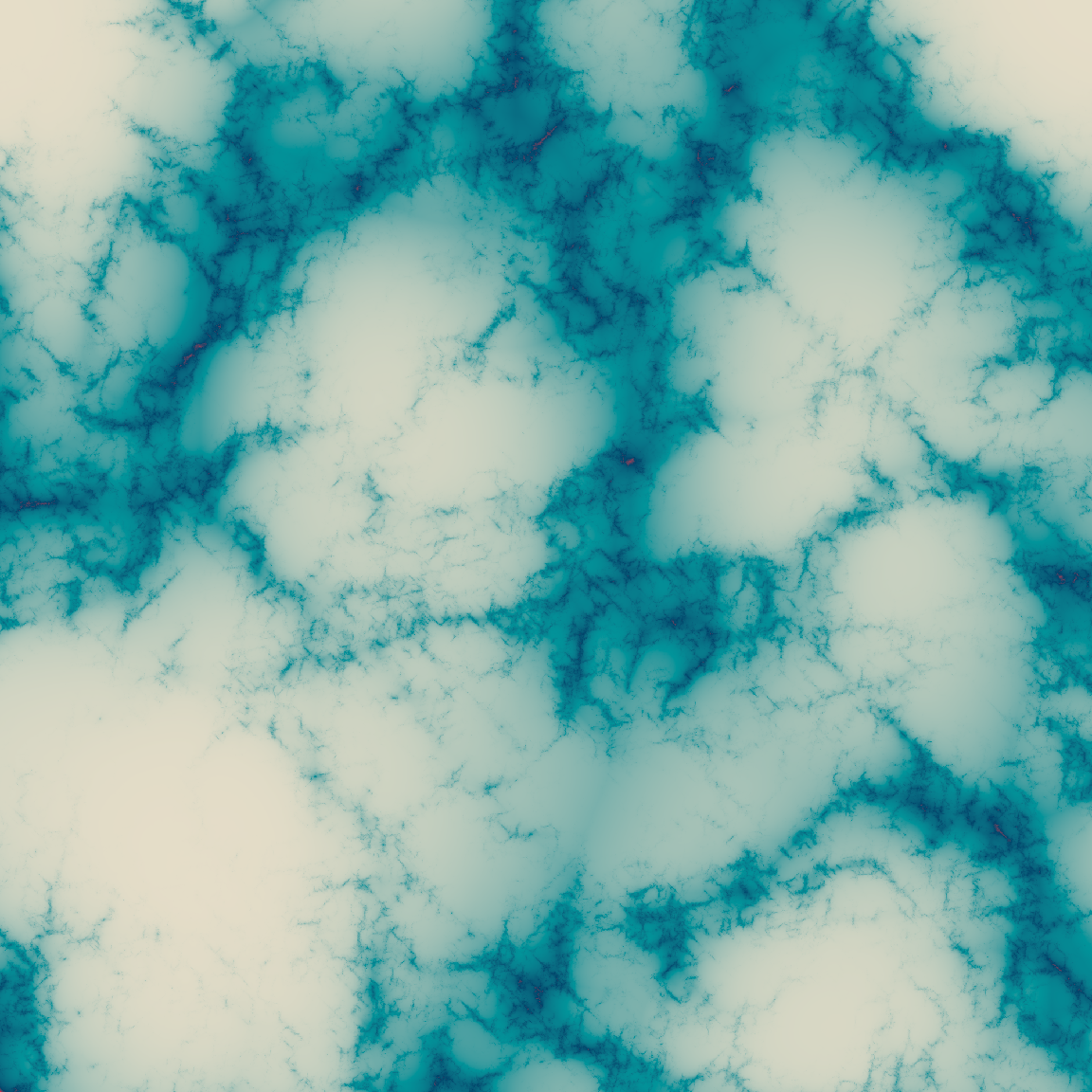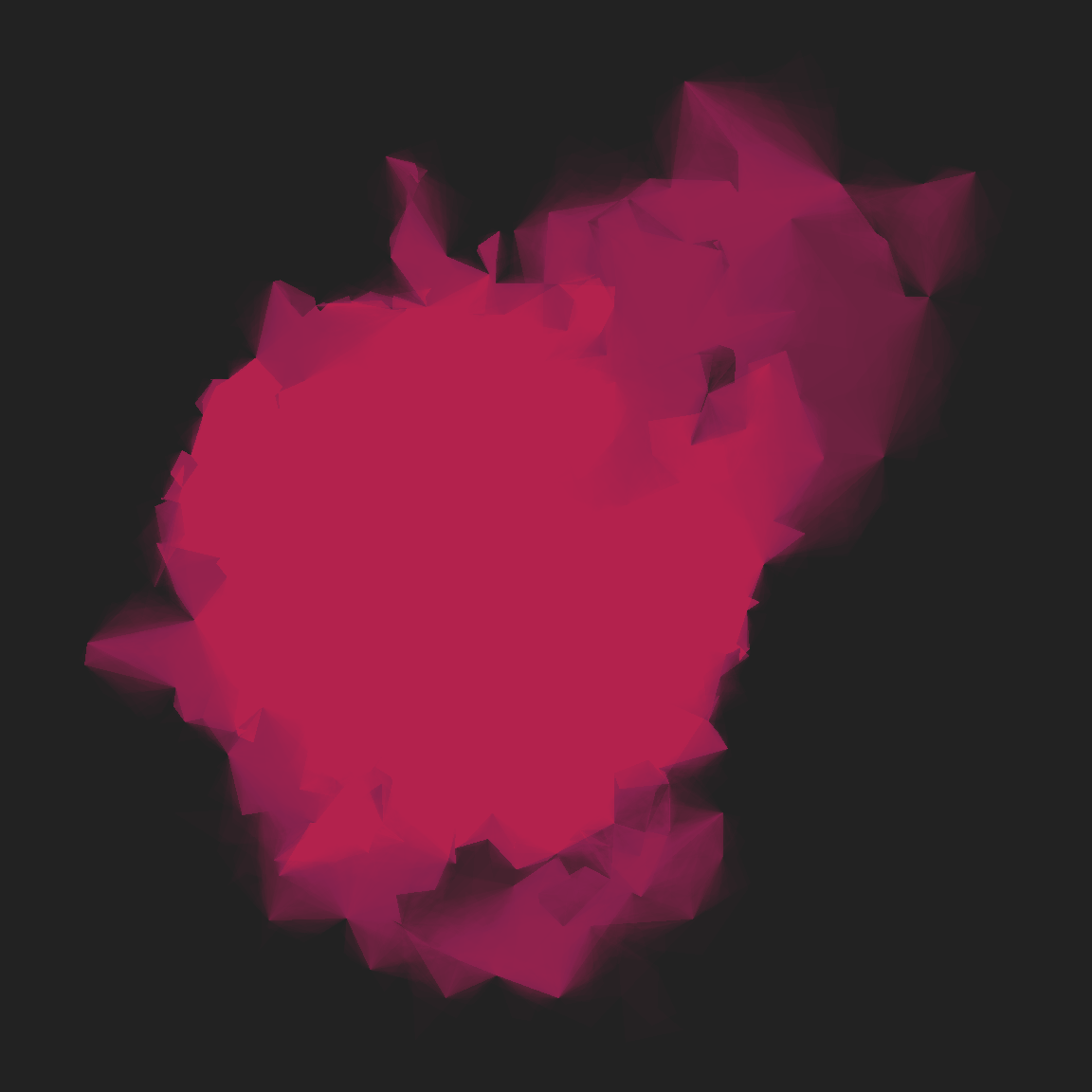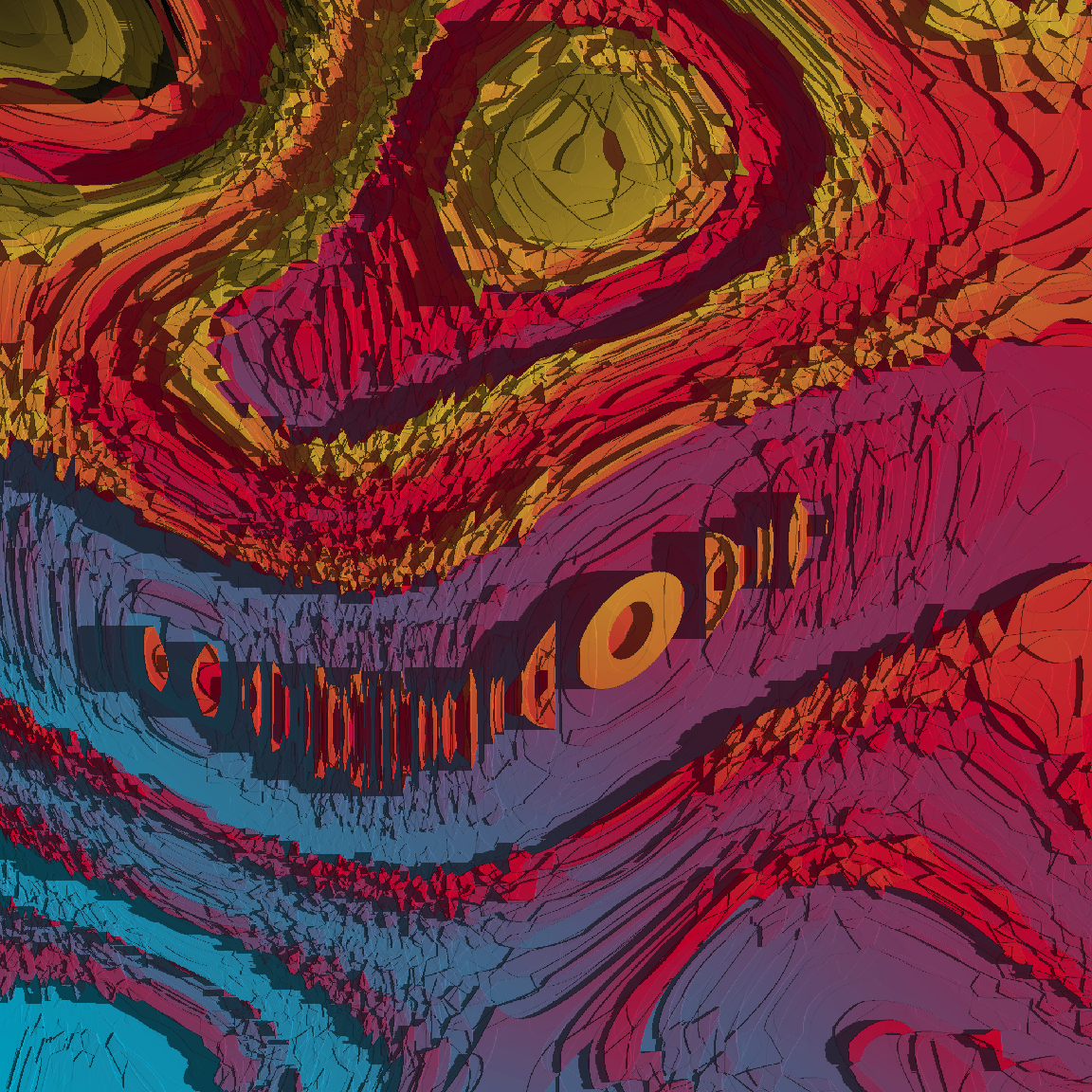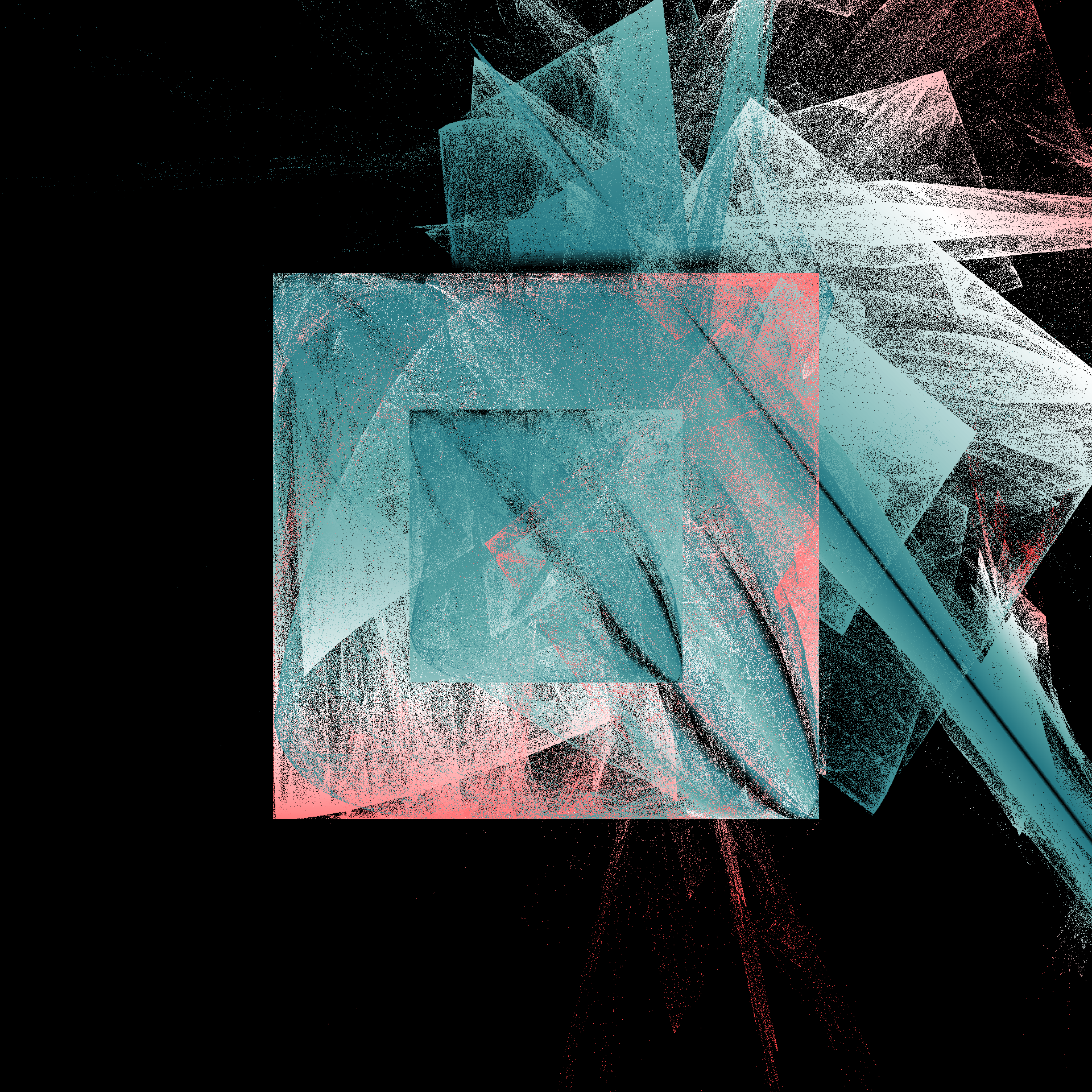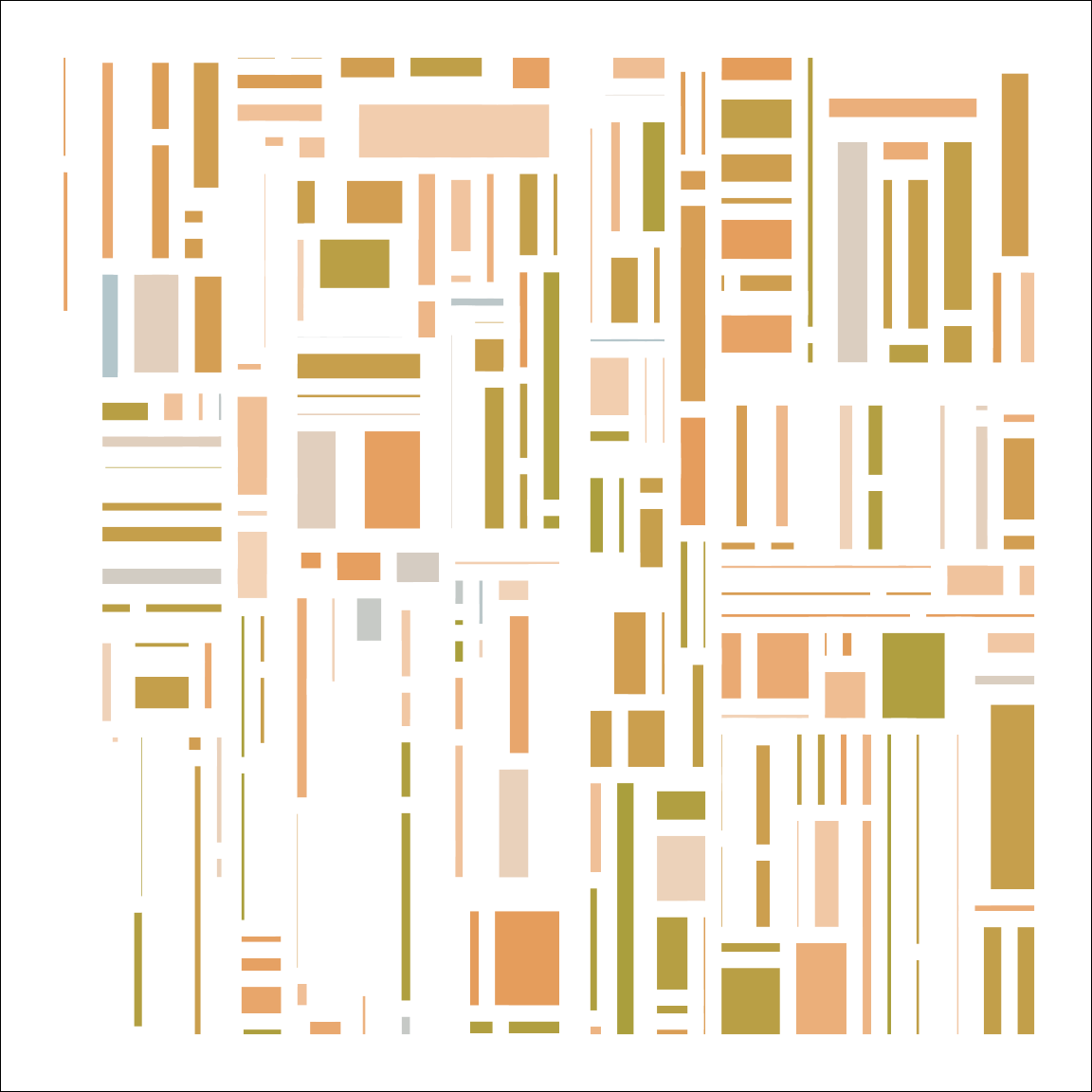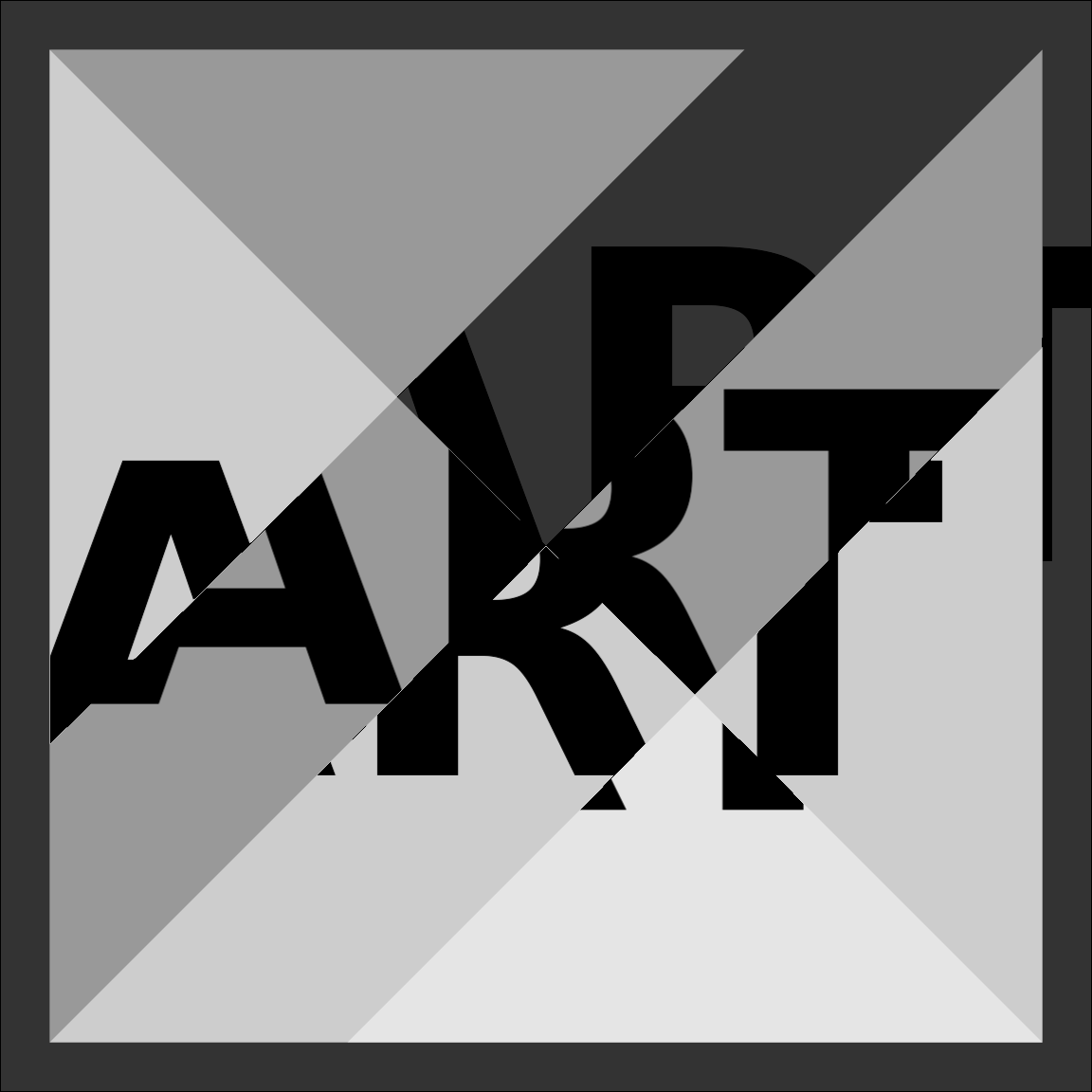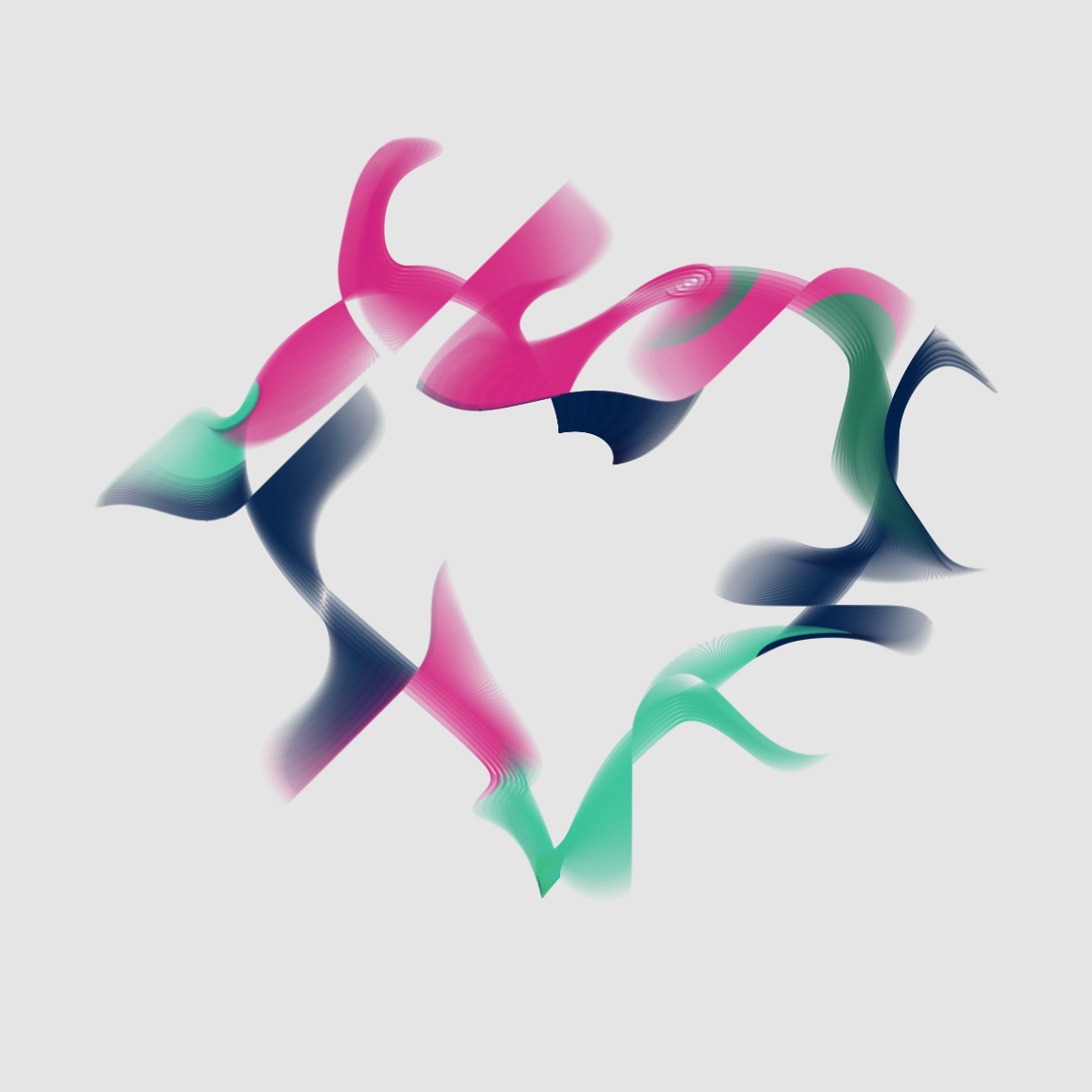ART FROM CODE

Welcome!
About the workshop
Computer-generated artwork has been around for quite a while. The idea of using R for this purpose, however, is a little more recent. Designed originally as a programming language for academic statistical computing, R is now a mainstream language for data science and analytics. Can it also work as an artistic medium? Is there an overlap between our familiar data science workflows and the artistic process? Perhaps we can become better data scientists through art, and vice versa.
This workshop provides a hands-on introduction to generative art in R. You’ll learn artistic techniques that generative artists use regularly in their work including flow fields, iterative function systems, and more. You’ll also learn about R packages specialised for generative art. But more than that, you’ll learn how to reuse skills you already have as part of an artistic process: with a little work, ggplot2, dplyr, and Rcpp can become an artist’s best friends. The assumed background is that you’re reasonably comfortable using R and RStudio, and have experience with tidyverse.
GitHub repository: github.com/rstudio-conf-2022/art-from-code
About the instructor
Danielle Navarro is a generative artist, data scientist, professional educator, mathematical psychologist, academic professor in recovery, open source R developer, and occasional essayist. She is currently a developer advocate at Voltron Data working with the Apache Arrow ecosystem. You can find her art at art.djnavarro.net, and other professional details at djnavarro.net. Danielle lives in Sydney, Australia with her two children and her Netflix subscription.
Day 1: July 25
Get started
- Time: 09:00 - 10:30
- Description: Hands on introduction to generative art. Make your own pieces using {ggplot2} and {dplyr}
Spatial noise tricks
- Time: 11:00 - 12:30
- Description: Multidimensional noise generators. Flow fields, fractals, and more using the {ambient} package
Polygon tricks
- Time: 13:30 - 15:00
- Description: Learn how to create textures with recursive polygon deformation, draw wonky hearts as animated gifs, and convert boring lines to textured strokes
Shading tricks
- Time: 15:30 - 17:00
- Description: Learn how to use {rayshader} to add depth to 2D plots, and generate 3D graphics from generative art
Day 2: July 26
Iterated function systems
- Time: 09:00 - 10:30
- Description: Iterated function systems. Embrace the chaotic joy of the fractal flame and render quickly with {Rcpp}. This one is a bit technical
Tiles and tesselations
- Time: 11:00 - 12:30
- Description: Make lovely things by subdividing a rectangle, explore Voronoi tesselations, and have a passing encounter with Truchet tiles
Pixel filters
- Time: 13:30 - 15:00
- Description: Manipulate ggplot objects as if they were raster graphics using {ggfx}: learn to dither, mask, displace, blend, and more. The {flametree} package makes as special guest appearance in this one
